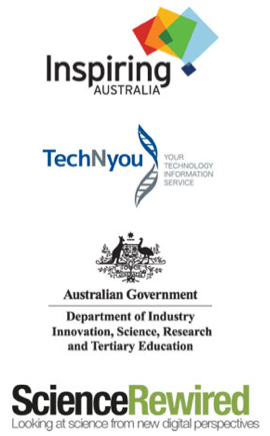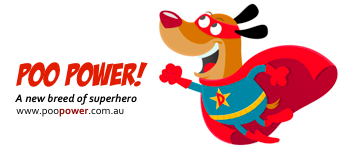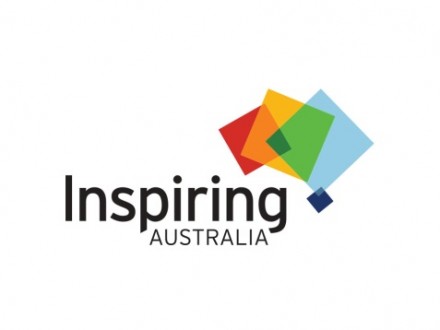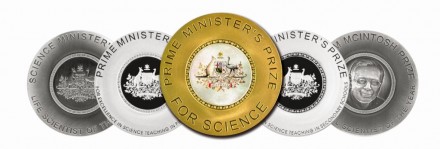Redmap started as a citizen fishers and divers science driven project in 2009 to map the distribution of fish species, and to track any changes, in the waters around Tasmania. Started by the University of Tasmania, the web-based project and has grown quickly. With support from Inspiring Australia and many new partners it has now has launched itself Australia-wide. The new states haven’t recorded sightings yet but you can explore the website for images of species being sought in each region.
I wonder how many ASC members are fishers and divers and whether they have comments about this or related projects.
The media release from the Institute for Marine and Antarctic Studies (IMAS) via Inspiring Australia follows:
IMAS Media Release: REDMAP AUSTRALIA LAUNCHES 13 DECEMBER
SEEN SOMETHING FISHY LATELY? LOG UNCOMMON FISH ON WWW.REDMAP.ORG.AU!
With today’s launch of the Redmap Australia website, and support from ‘Inspiring Australia’, the community is being asked to be on the lookout for unusual occurrences of species in the seas around Australia.
Redmap encourages fishers and divers to report sightings and upload photos of marine life that aren’t usually found at their local fishing, diving and swimming spots. These community sightings will help reveal whether fish are ‘shifting their range’ in search of cooler waters, as seas become warmer with a changing climate.
The website, also known as the ‘Range Extension Database and Mapping’ project, started in Tasmania in 2009. Already Tasmanian fishers and divers have logged hundreds of unusual sightings including eastern rock lobster, southern Maori wrasse and King George whiting, all spotted further south than their usual home turf.
Redmap Australia takes this concept national, with a large collaborative project led by the Institute for Marine and Antarctic Studies (IMAS) at the University of Tasmania. Considering some 3-4 million Australians go fishing or diving at least once a year, Redmap will tap into the observations of potentially thousands of ‘citizen scientists’.
“Redmap is the ultimate in crowd sourcing,” said Redmap founder Dr Gretta Pecl, a senior marine scientist from the Institute for Marine and Antarctic Studies (IMAS) at the University of Tasmania. “It taps into the knowledge – and eyes – of thousands of fishers, divers and swimmers to track changes in fish distributions in Australia’s vast coastal waters.”
Redmap is interested in reports of any marine life deemed uncommon along your particular stretch of the coast; and not just fish but also turtles, rays, lobsters, corals, seaweeds, urchins and prawns. Photos are reviewed by a network of marine scientists around the country to verify the species identity and ensure high-quality data. Redmap aims to become a continental-scale monitoring program along Australia’s vast coastline to help track marine range shifts; but also to engage Australians with marine issues using their own data.
“We hope to create a network of fishers and divers that are driven to finding out how fish are impacted by changing conditions, like ocean warming, by contributing to this knowledge,” said Dr Pecl.
The Redmap website encourages members to share photos and anecdotes. It also has information and news on fishing, diving and the marine environment. Everyone can comment on the latest sightings of critters spotted away from their usual marine postcode and a smart phone application will be up and running in 2013 to make logging an unusual fish that much easier.
Redmap supports the Australian Government’s Inspiring Australia strategy, which aims to boost science literacy and teach the value of science in caring for our environment. For marine ecosystems, this encourages the healthy use of our seas so we may all continue to enjoy the marine environment and marine recreational activities.
Each Redmap sighting is a piece in a puzzle that over time will reveal to the community, scientists and industry which species or regions may be experiencing greater changes in marine distributions. And the sooner Australian fishers, divers and the public help gather this information, the better. Some seas along the coast of Australia are warming at 3 to 4 times the global average. Turning up the heat tends to stress marine ecosystems and species, and can impact fish growth, reproduction and behaviour.
Associate Professor Natalie Moltschaniwskyj is a marine ecologist in the School of Environmental & Life Sciences at the University of Newcastle and is the coordinator of Redmap NSW.
“We’re predicting a mixed reaction to warming seas,” Associate Professor Moltschaniwskyj said. “While some species may adapt to the balmy new conditions, others will shift into new areas in search of their preferred marine climate or may dissappear from an area.”
Already anecdotal evidence from fishers and divers have pointed to some range shifts. Associate Professor Moltschaniwskyj said they’re hearing about more tropical fish venturing into Sydney like damsel fish and angelfish species. Her team will track some 60 species through the Redmap project including butterfly fish, painted crayfish and tropical wrasses.
“Gathering many sightings over time will show if these fish are here to stay, one-off visitors or just seasonal migrants,” she said.
Professor Colin Buxton, Director of the IMAS Fisheries, Aquaculture and Coasts Centre, said Redmap was a wonderful example of how the community and scientists can work together to understand how climate change is affecting our oceans and to help manage this uncertain future.
“This information will allow some communities to take advantage of new fish arrivals and will help others minimise risks such as the introduction of pest species for those fisheries or regions that may be more impacted by species on the move,” Professor Buxton said.
All Australians can get involved by becoming a Redmap member, signing up for our quarterly newsletter, liking us on Facebook, and logging unusual marine animals at www.redmap.org.au.
Who is Redmap Australia?
Redmap is a large collaborative project led by the Institute for Marine and Antarctic Studies (IMAS) at the University of Tasmania, and involves the University of Newscastle, James Cook University, Primary Industries and Regions SA (PIRSA), Museum Victoria, Department of Fisheries Western Australia, the University of Adelaide and the South East Australia Program (SEAP). The expansion of Redmap nationally was made possible with generous funding from an Australian Government Inspiring Australia grant, the Australian National Data Service (ANDS) and the Department of Agriculture, Fisheries and Forestry (DAFF) . Redmap also receives support from Mures Tasmania and many fishing, diving and community groups around the country.
 If you have any further questions or require an interview, please contact:
If you have any further questions or require an interview, please contact:
Dr Gretta Pecl, Redmap Australia’s principal investigator, Institute for Marine and Antarctic Studies (IMAS) at the University of Tasmania on 0408 626 792 or email gretta.pecl@utas.edu.au
If you would like information about Redmap in your region, including an interview, please contact:
Redmap NSW
Associate Prof Natalie Moltschaniwskyj, marine biologist, School of Environmental & Life Sciences at the University of Newcastle, on 0417 509 463 or email: Natalie.Moltschaniwskyj@newcastle.edu.au
Redmap QLD
Martha Brians, Research Officer at tropWATER, School of Marine & Tropical Biology, James Cook University
on (07) 4781 5739 or 0447662570 or email: martha.brians@jcu.edu.au
Redmap SA
Keith Rowling, Senior Research Officer, PIRSA Fisheries and Aquaculture on 0437 675 573 or email: Keith.Rowling@sa.gov.au
Redmap TAS
Dr Gretta Pecl, Redmap Australia’s Principal Investigator, Institute for Marine and Antarctic Studies (IMAS) at the University of Tasmania on 0408 626 792 or email: gretta.pecl@utas.edu.au
Redmap VIC (not available until December 17)
Dianne Bray, Museum Victoria’s Fish Collection Manager on (03) 8341 7448 or email dbray@museum.vic.gov.au
Redmap WA
Dr Gary Jackson, Principal Research Scientist, WA Fisheries and Marine Research Laboratories on (08) 9203 0191 or email Gary.Jackson@fish.wa.gov.au
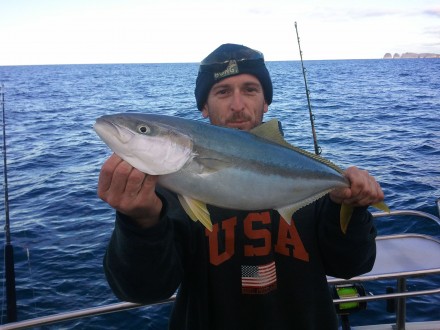
This update from Inspiring Australia is initiative is supported by the Australian Government through the Department of Industry, Innovation, Science, Research and Tertiary Education in partnership with the Australian Science Communicators.



